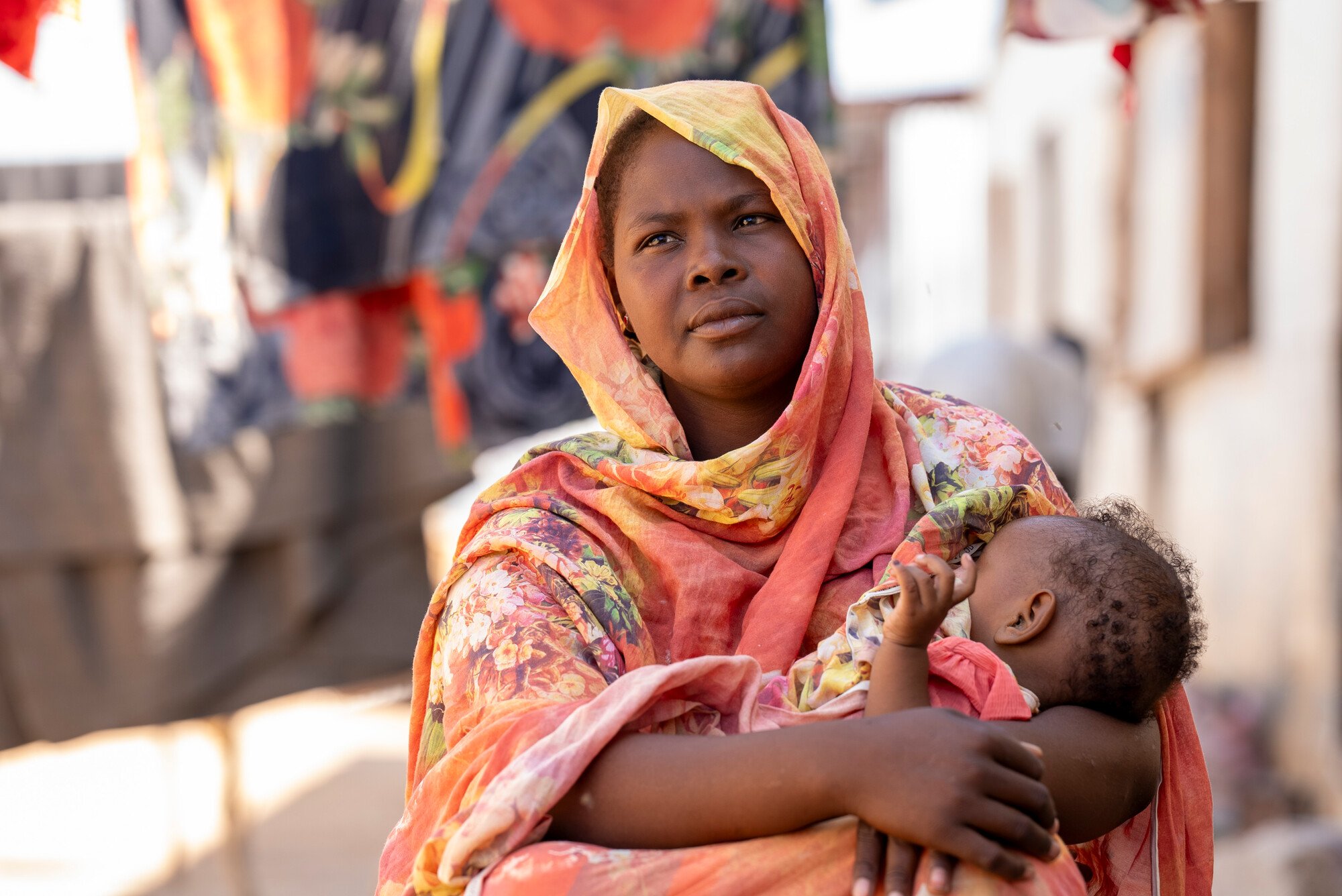More than 8.4 million people are now at acute risk of famine.
After 1,000 days of a brutal war, exacerbated by a crippling blockade of key northern ports, Yemen is being pushed ever closer to famine. Some 90 percent of Yemen’s food has to be imported and since a Saudi-led coalition imposed a blockade of the country’s key northern ports more than a month ago, just over a third of the food its people need is coming in.
Since April, Yemen’s cholera epidemic has spread to nearly every corner of the war-ravaged country. Now, in the world's largest cholera outbreak on record, one million people in Yemen are believed to have been infected and over 2,200 people have died. While numbers are slowing down, the disease is still spreading fast.
“It is a disgrace that in the 21st century such an easy-to-treat disease like cholera could infect over a million people in one country,” said Shane Stevenson, Oxfam’s Country Director in Yemen.
The price of food has shot up by 28 percent since early November 2017, making it increasingly unaffordable for poor families already hit by the collapse of the economy. Clean water supplies in towns and cities have been cut due to fuel shortages, which will have serious implications given that the country is suffering the world’s largest cholera epidemic. Hospitals are running out of medicines and diphtheria cases are increasing. At least a million children are at risk of contracting the disease.
“Now for 1,000 days, the people of Yemen have been bombarded, violated and held hostage by countries and armed groups fighting a senseless war,” said Scott Paul, Oxfam America Humanitarian Policy Lead. “The Saudi Arabia-led coalition’s strangulation of Yemen is on track to cause the largest famine and public health emergency in a generation.
“The US government has strongly objected, but continues to supply the coalition with sophisticated weapons and aerial refueling to extend their bombing campaigns. The strong language coming out of the White House and State Department must be urgently translated to action. Billions of dollars in arms sales must stop. Refueling must stop. And the US must use its influence at the UN Security Council to demand an end to the fighting, an end to the blockade, and a path to peace. If the coalition’s use of starvation as a weapon of war to put millions of civilians on death’s door does not cause the US to reverse its support for the coalition, ‘never again’ is truly dead.”
In the past 1,000 days:
· Nearly 5,500 civilians were killed
· Three million people were forced to flee their homes
· Nearly one million people are suspected of contracting cholera in the world’s worst outbreak ever recorded
No fuel, essential for moving food and other vital goods around the country, has been allowed into the main ports since early November. Around 80 percent of all of Yemen’s imports flow through Al-Hudaydah and Saleef ports, and about two-thirds of Yemen’s population live in the areas directly served by these ports. These ports handled around 85 per cent of all wheat grain imports in 2016.
There are worrying signs that there could be an imminent attack on Al-Hudaydah port. The port’s cargo handling infrastructure – cranes and warehouses – has been attacked before and has reduced its capacity to import goods. A lengthy battle over the port would risk shutting it down and will have a massive impact on the millions of people reliant on its imports. There is no realistic alternative to supply in sufficient quantity the vital amounts of food, fuel, and medicines if Al-Hudaydah were put out of action.
Help us continue to provide lifesaving aid to families in need.




